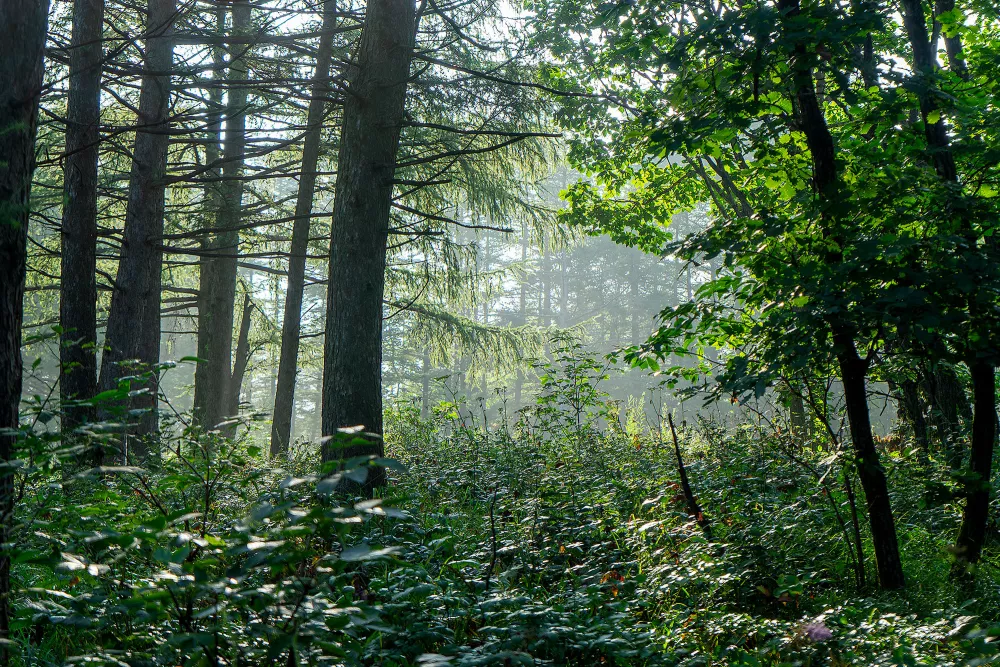Now live: The 2025 Canopy Report. Learn how Americans see trees. GET THE REPORT
Bulletin
10 Tree Myths to Think About
Psychologists are fond of using inkblot tests and two-in-one pictures to point out how different people can interpret the same thing different ways. In this issue, some common problems involving trees are looked at from slightly different perspectives — ways that give trees a break for a change.

Did you ever try to solve a puzzle and give up in frustration, then return later only to have the solution jump out at you?
The difference was that you saw the problem in a new light. Sometimes to do this, it is first necessary to get rid of earlier notions, give up misguided beliefs, or dispel widely accepted myths.
The classic example of this is the flat earth concept that held sway for thousands of years. Finally, when the myth of falling off the edge was dispelled, the collective imagination of whole nations soared to new heights. New geographical theories, bold exploration, and new discoveries followed.
In the world of trees, there are many myths. These include the idea that root systems are a deep, a mirror image of the tree’s trunk and limbs. Another is that branches move upward as the tree gains height.
When the truth is known, we find that roots spread laterally and not too far beneath the surface, but often farther than the tree is high. And we discover that low limbs are always low limbs, so if they are not pruned when the tree is small, they will still be low limbs — and probably troublesome — when the tree is large. When myths are vanquished, we can more clearly see ways to protect the well-being of trees.
Community foresters and tree board members encounter many myths that affect the management of trees. These myths form a barrier to better community forestry. In this issue, we look at 10 of the most common myths the late Cincinnati urban forestry consultant Steve Sandfort faced through the years and his suggestions for ways to look at the situations from new perspectives.
In This Bulletin
Here’s what’s inside:
- 10 of the Most Common Myths – incorrect beliefs people have about trees
- Other Sources of Information – explore more tree myths in a book by Dr. Alex L. Shigo
